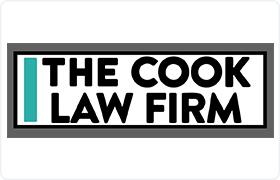 Bossier County, LA Bankruptcy Lawyers
Bossier County, LA Bankruptcy Lawyers
Sponsored Law Firm
-
 x
x

Click For More Info:
-
The Cook Law Firm, APLC
9045 Ellerbe Road Suite 104 Shreveport, LA 71106» view mapBankruptcy Say Goodbye To Debt Collection Harassment
Bankruptcy can seem like a daunting and overwhelming endeavor. While it is a complex process, the bankruptcy experts at Cook Law Firm are here to help.
318-752-3733
Includes: Bankruptcy Litigation, Commercial Bankruptcy, Consumer Bankruptcy, Dissolution
Lawyers
1-1 of 1 matches



 Kelli Cook Shreveport, LA
Kelli Cook Shreveport, LA Practice AreasExpertise
Practice AreasExpertise